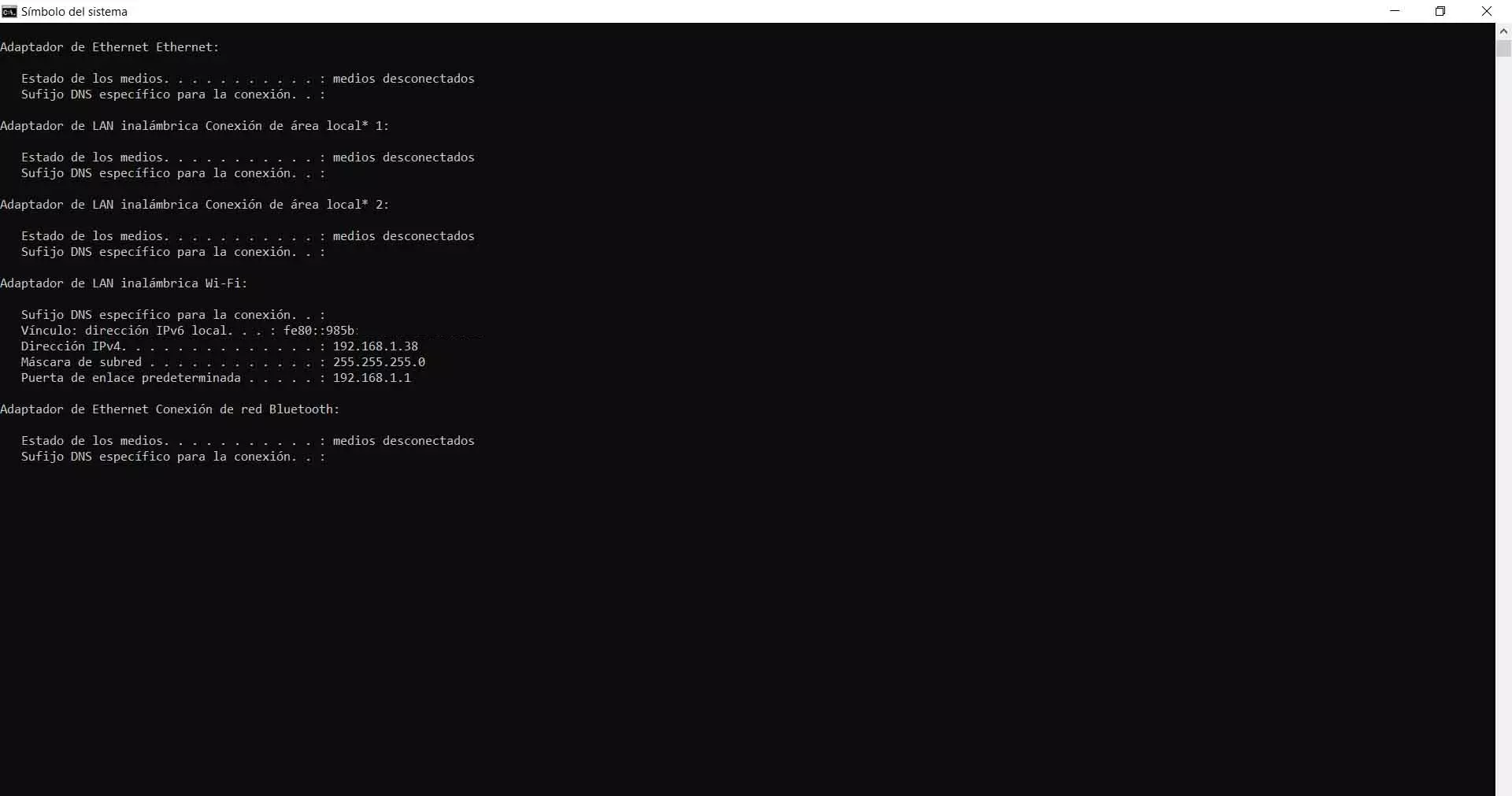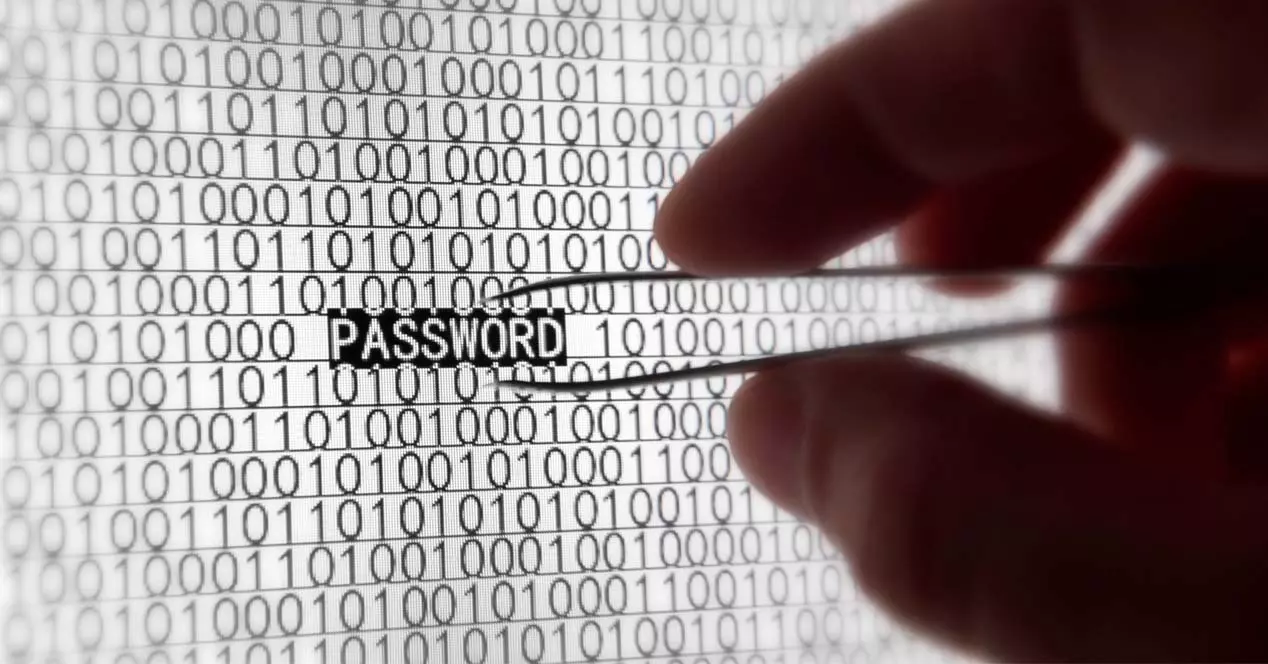
In an era where the internet is an indispensable tool for information, communication, and access to services, Medicaid recipients can harness its power to their advantage. The internet can provide valuable resources to help individuals make informed decisions about healthcare, manage their benefits, and improve overall well-being. This article aims to explore various tips and strategies for Medicaid recipients to maximize their online experience, ensuring they get the most out of available resources.
1. Educational Resources and Health Information
One of the primary benefits of the internet for Medicaid recipients is access to a vast pool of health-related information. Medicaid recipients can use reputable websites such as WebMD, Mayo Clinic, or the official Medicaid website to learn more about their health conditions, medications, and available treatments. It’s crucial to verify information with healthcare professionals, but the internet serves as a valuable supplement for education.
Educational webinars and workshops have emerged as powerful mediums for individuals to delve deeper into various health-related topics. Medicaid recipients can tap into these online resources to gain in-depth knowledge about managing their health conditions, understanding healthcare policies, and staying informed about the latest developments in the medical field.
2. Managing Medicaid Benefits Online
Most Medicaid programs now offer online portals where recipients can manage their benefits conveniently. This includes checking eligibility, reviewing covered services, and accessing important documents. Setting up an account on the Medicaid website allows users to track their claims, understand their benefits, and receive important updates.
3. Telehealth Services
The internet has revolutionized healthcare delivery, and telehealth services have become increasingly popular. Medicaid recipients can explore virtual doctor visits, especially for non-emergency consultations. Telehealth not only saves time and effort but also ensures continued access to healthcare services, particularly for those with mobility challenges.
4. Prescription Refills and Medication Management
Online pharmacy services and prescription refill options can streamline the process of managing medications. Medicaid recipients can use dedicated apps or websites to order refills, set medication reminders, and receive information about potential drug interactions. This helps in maintaining medication adherence and overall health management.
5. Budgeting and Financial Literacy
The internet is a valuable tool for financial literacy and budgeting. Numerous websites and apps provide resources for understanding personal finances, creating budgets, and managing expenses. Medicaid recipients can utilize these tools to make informed decisions about their financial well-being.
6. Online Support Communities
Living with a chronic condition can be challenging, but the internet offers a platform for connecting with others facing similar situations. Joining online support communities or forums can provide a sense of belonging and valuable insights into managing health conditions. Platforms like PatientsLikeMe and HealthUnlocked cater specifically to individuals seeking support and information about various health issues.
7. Educational Webinars and Workshops
Many organizations and healthcare institutions offer free webinars and workshops on various health topics. Medicaid recipients can benefit from participating in these online events to gain insights into managing their health conditions, understanding their benefits, and learning about preventive care.
8. Access to Government Resources
Government websites and online resources provide a wealth of information for Medicaid recipients. Understanding policies, eligibility criteria, and available services is crucial. Websites like Healthcare.gov and the official Medicaid websites for individual states offer comprehensive information to help recipients navigate the healthcare system effectively.
9. Cybersecurity Awareness
As Medicaid recipients explore the internet, it’s essential to prioritize cybersecurity. Creating strong, unique passwords for online accounts, using secure Wi-Fi connections, and being cautious about sharing personal information are critical steps to protect against potential cyber threats.
10. Utilizing Mobile Apps
Mobile apps can enhance the online experience for Medicaid recipients. Many healthcare providers, insurance companies, and pharmacies offer dedicated apps for managing health-related tasks. These apps often provide features such as appointment scheduling, medication reminders, and access to electronic health records.
Conclusion
The internet has become an invaluable tool for Medicaid recipients, offering a plethora of resources to enhance healthcare management, financial literacy, and overall well-being. By leveraging educational resources, managing Medicaid benefits online, exploring telehealth services, and engaging with online support communities, recipients can empower themselves to make informed decisions about their health. Additionally, staying vigilant about cybersecurity and utilizing mobile apps can contribute to a safer and more efficient online experience. As technology continues to advance, embracing these tips will enable Medicaid recipients to navigate the internet with confidence and take control of their health journey.



